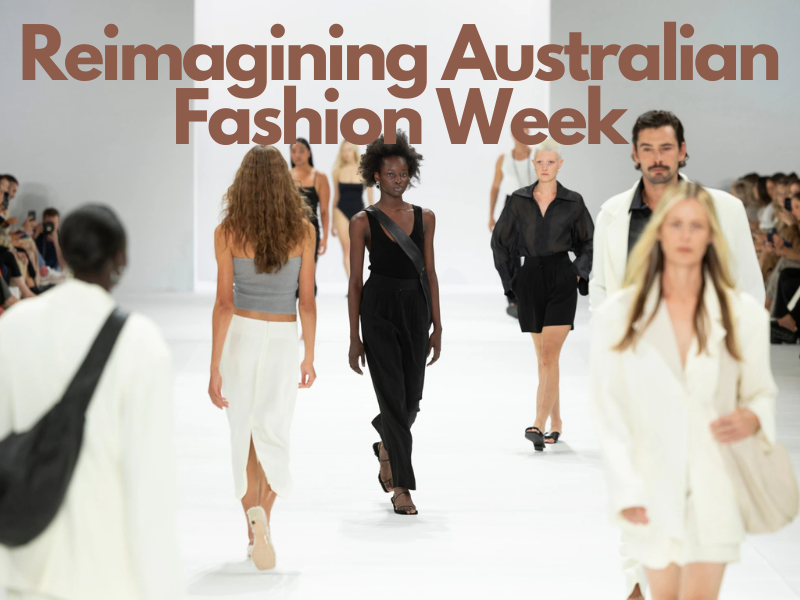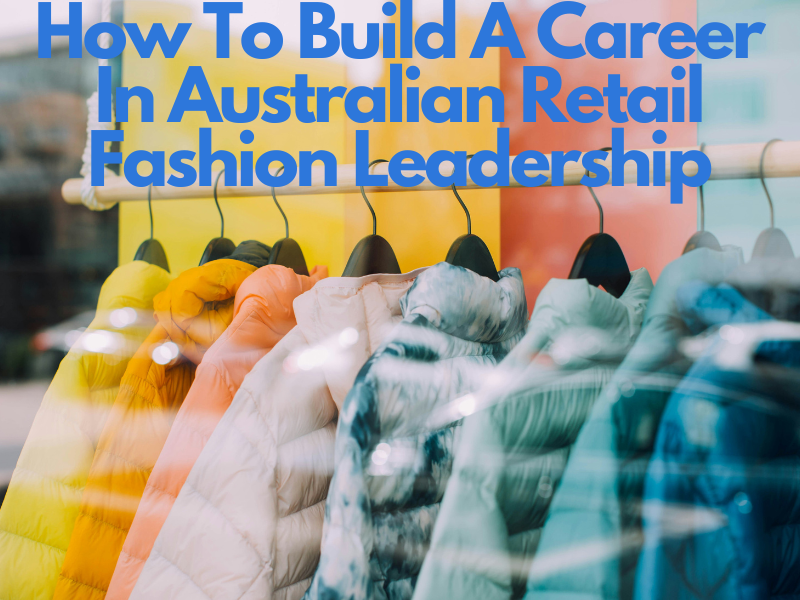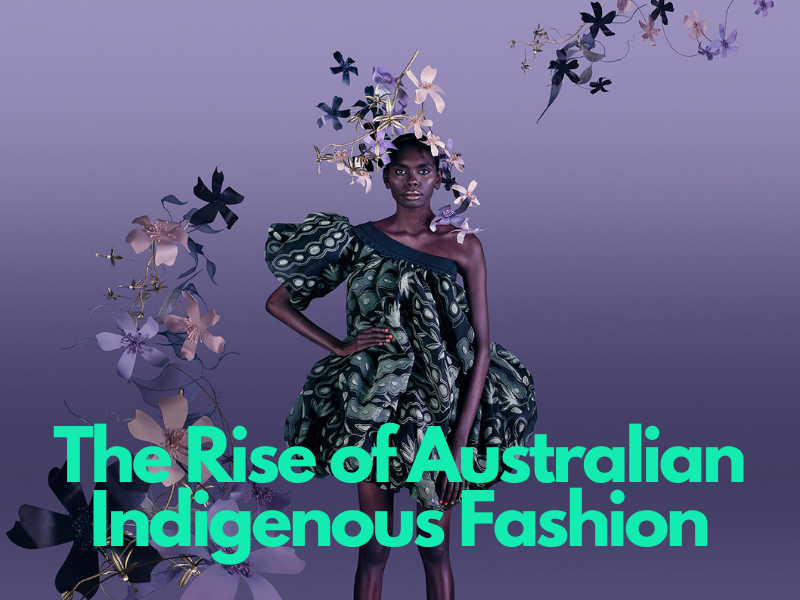Re-imagining fashion's supply chains
Fashion businesses all over the world are struggling with issues such as supply bottlenecks, extended lead times, higher freight costs and rising labour costs. In particular, fast fashion businesses that are reliant on manufacturing in countries such as Bangladesh and China are feeling the pinch from supply chain challenges, says Gus Bartholomew, CEO and co-founder of SupplyCompass, a business focused on product development and delivery software for fashion brands. Says Bartholemew: "What we're seeing with most brands is that they're all still massively struggling with visibility and control around delivery certainty - knowing when things are going to be delivered and when things might be likely to go wrong and how that will actually impact them." Covid has exacerbated any potential risks in fashion supply chains, causing retailers to re-consider more progressive models.
In fact, many businesses have used any downtime during lockdowns to improve the efficiency and sustainability of their businesses. In particular, ethical gaps and weaknesses were investigated and environmental impacts mapped.
So what could re-imaged supply chains looks like:
Near-Shoring
In order to reduce global exposure, and reduce environmental impacts, product sourcing could return to near-shoring. This would reduce the culture of exploitation of low-paid labour and unreliable lead times.
AlixParters, a Global Consulting Firm said that the move toward regional or national supply chains was likely to be permanent. "The more global supply chains are, the more things can and will go wrong," it said in its report on the disruption caused by COVID-19.
Investigating Air Freight
Air freight can be a good solution to manage delayed inventory but it can be extremely expensive with considerable environmental impacts. However, with sharp increases in sea freight (costs have jumped ten fold due to scarcity of available vessels), air freight may become a likely choice.
Beyond all this is the opportunity to re-imagine the industry as a whole.
A Report from amme.com called ‘Re-imagining the Local Fashion Manufacturing Industry: A Victorian Perspective’ suggests that “The industry needs to be about personal connection, supporting local, and a high level of personalisation. It’s about building loyalty with customers, the opposite of fast fashion”.
If you’re looking for strong supply chain staff that can improve your business, speak to Janine, Amy and Natalie from Permanser on 03 9654 5988.










